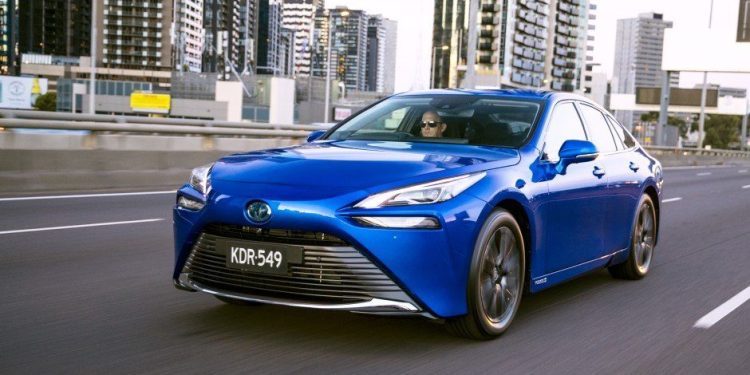Tiwai Point could be world’s first large ‘green hydrogen’ factory
The fate of Tiwai Point in Southland has been the subject of plenty of speculation, prompted by the news the smelter would be closing down in 2024, costing the region around 1000 jobs.
Now it’s been reported that two New Zealand energy companies, Meridian Energy and Contact Energy, are investigating the idea of turning the facility into a large-scale green hydrogen factory — potentially the first in the world.
A review performed by the firms suggests that a surge in global demand for hydrogen is imminent, with the review’s modelling highlighting that demand is likely to grow by a factor of seven by 2050. Hydrogen production, it says, could kick off as early as 2025.
“Our renewable energy gives us a valuable head start and competitive edge as markets for green hydrogen develop,” Meridian Energy Chief Executive Neal Barclay told to Otago Daily Times.
“Early, large-scale production will allow us to build a domestic hydrogen supply chain and kick-start demand around the country.”
“This can be achieved by reducing hydrogen production when the country’s hydro lakes are running low, allowing electricity to flow back into the national grid to support local homes and businesses,” added Contact Energy CEO Mike Fuge.

Tiwai Point has already been in the news over plans to turn it into a hydrogen production facility. In May, it was confirmed that Australian businessman Dr John Forrest, chairman of Fortescue Metals Group, was also investigating turning the premises into a hydrogen producer.
“The Southland region and its renewable energy potential makes it an exciting opportunity for development as a potential green hydrogen production and export hub,” Fortescue chief executive officer Julie Shuttleworth told RNZ at the time.
“[Fortescue] is assessing opportunities for projects globally, including in New Zealand, to support potential green operations. […] We are pleased with our engagement with local stakeholders and government on the feasibility studies to date.”
Hydrogen is showing its most significant gains in the trucking sector, with the likes of Hyundai already reporting plenty of positives among those evaluating its Xcient hydrogen fuel-cell truck. Conversely, in the light passenger vehicle realm, hydrogen is seen as a minor player compared to full electrification.
Toyota, Hyundai, and Honda have all developed hydrogen passenger cars, but none of those models has been released to more than a handful of markets (Honda recently culled its hydrogen vehicle, the Insight).
By comparison, over the last 12 months a majority of car brands have announced some form of plan to either completely electrify their line-up or to phase out all internal combustion engines entirely in favour of full BEV.
Toyota are putting in the most work in the hydrogen passenger car space. The firm recently confirmed it was working on plans to develop a way to use hydrogen fuel to power internal combustion engines.
The alternative fuel burns far, far cleaner than petrol, and recently underwent a mostly successful test in a Toyota Corolla race car powered by a lightly modified three-cylinder production engine sourced from the GR Yaris hot hatch.





